Network Bonding Theory
NFX Masterclass · Season1: Network Effects · Episode5
Speakers: James Currier
Network Bonding Theory is at the heart of how networks get formed. Years ago, we could see the effects of network effects, but we couldn't see exactly how they were constructed, like Legos - piece by piece. Now we can, because of Web3. We've been able to see the software and the math and the people and the nodes of the networks interacting. Now that we can see it, we can put language to it and describe it and make it a tool for us to build our startups.
Sign up to watch
The Network Effects Masterclass
Learn how to use network effects to build iconic companies from day one
11 free episodes on video and audio
20 years of growth insights in one class
OR
Season 1: Network Effects (11 Episodes)

12:35
Why Network Effects Are Mission Critical
Ep 1 · James Currier
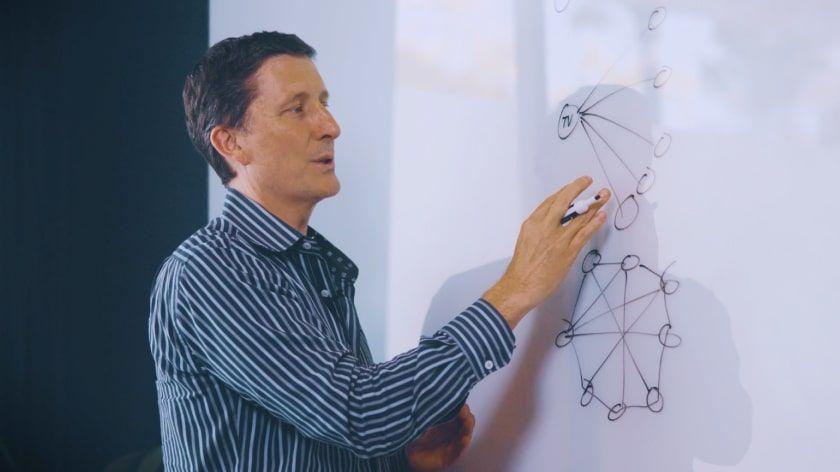
26:33
The Underlying Properties Of Network Theory
Ep 2 · James Currier
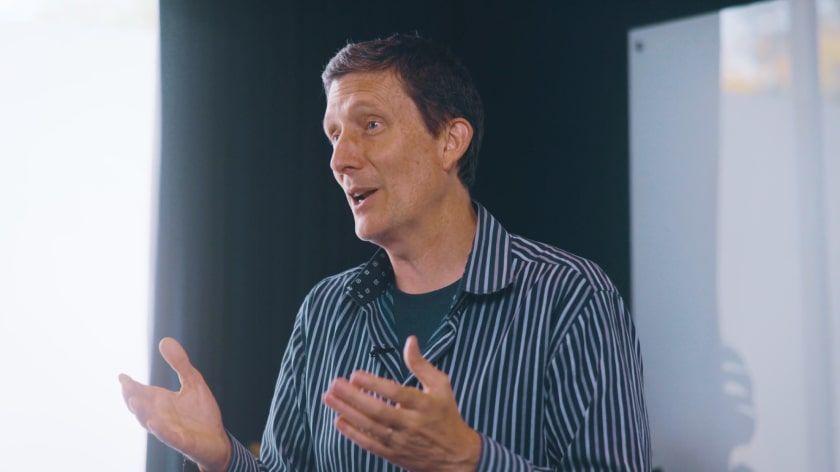
22:46
Mapping Out The 16 Network Effects
Ep 3 · James Currier
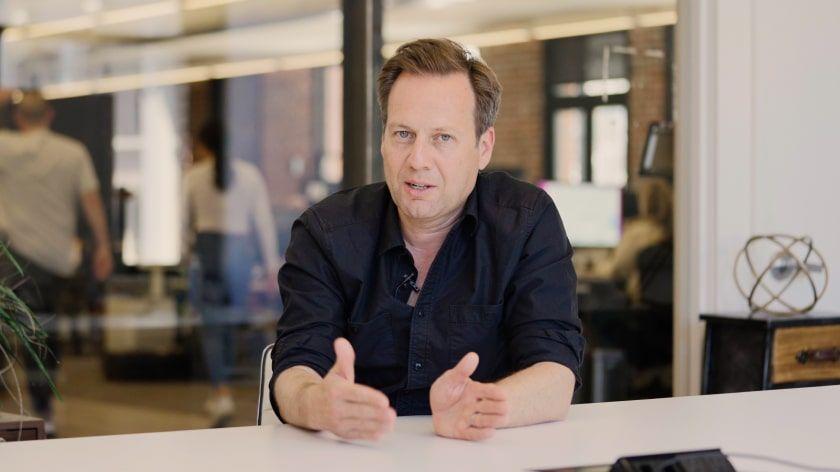
16:34
The 4 Pillars Of Defensibility
Ep 4 · Pete Flint
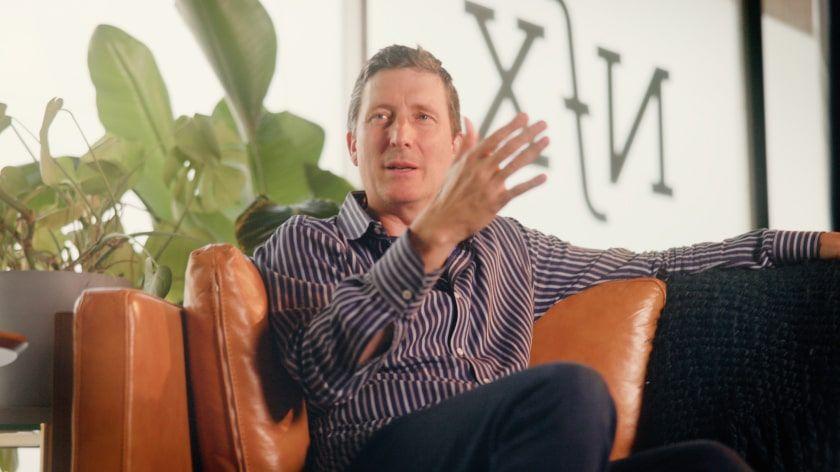
20:34
Network Bonding Theory
Ep 5 · James Currier
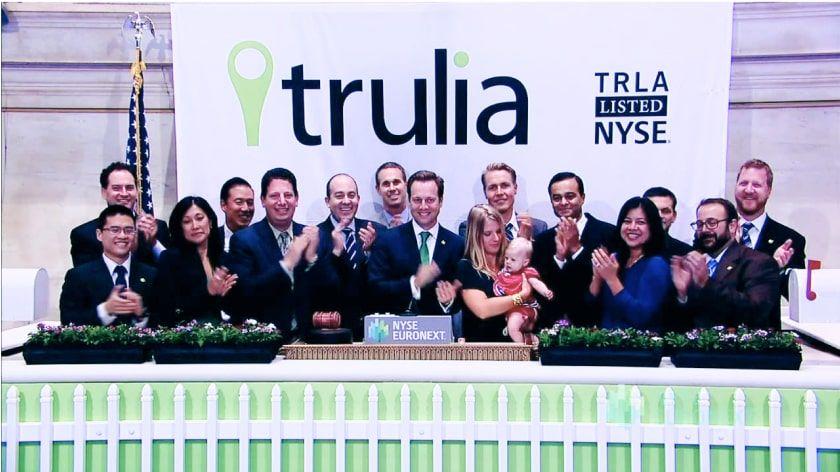
21:02
Case Studies: Network Effects in Action
Ep 6 · James Currier, Pete Flint
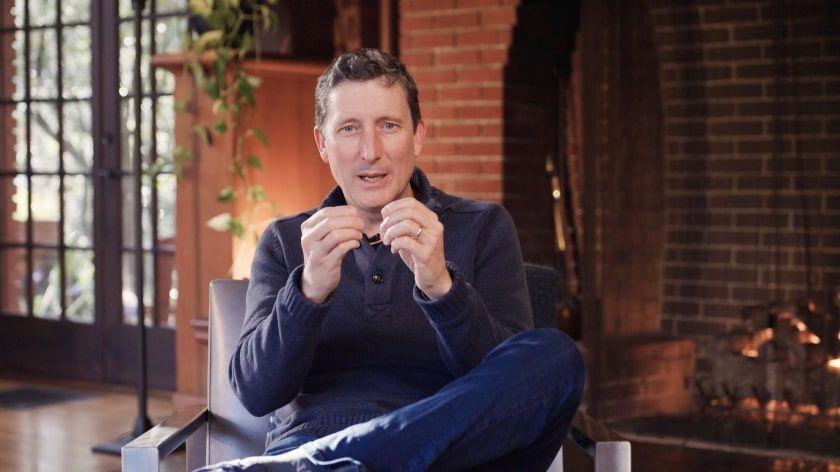
16:08
Network Problems Demand Network Solutions
Ep 7 · James Currier
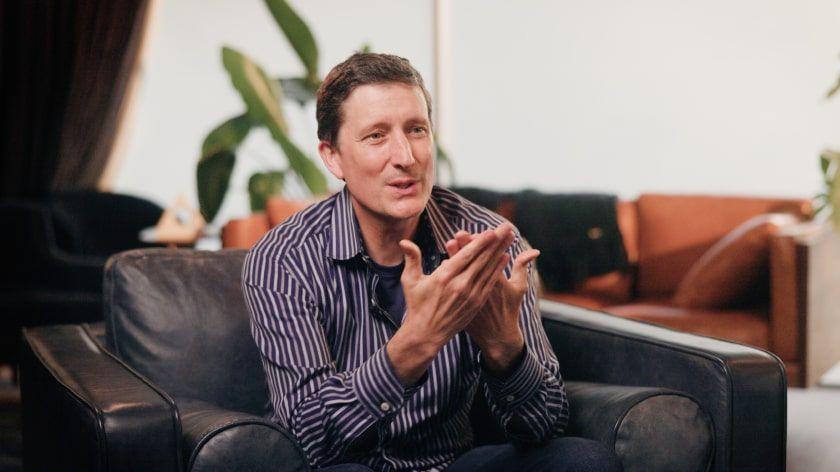
14:35
Your Life Is Driven By Network Effects
Ep 8 · James Currier
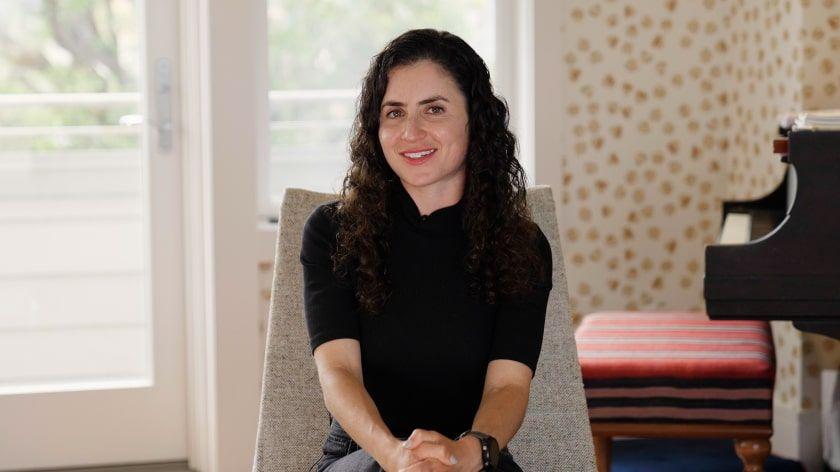
23:09
Sector Analysis: Why Network Effects Are (Even) More Powerful In Web3
Ep 9 · Morgan Beller
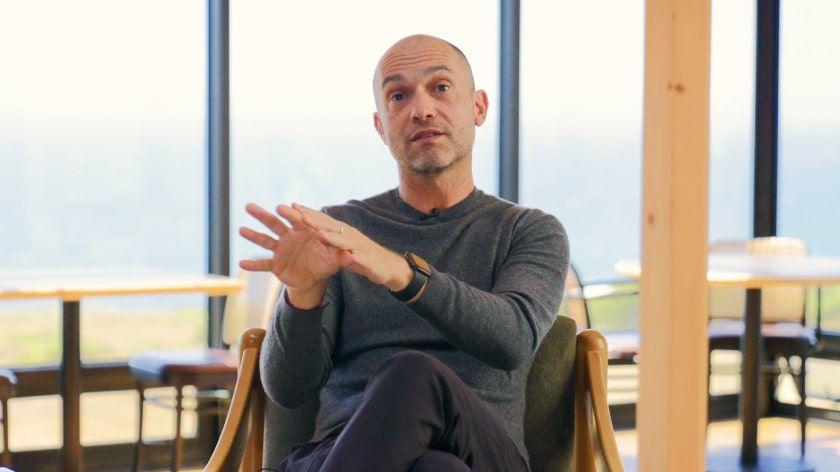
16:55
Sector Analysis: Network Effects In Gaming
Ep 10 · Gigi Levy-Weiss
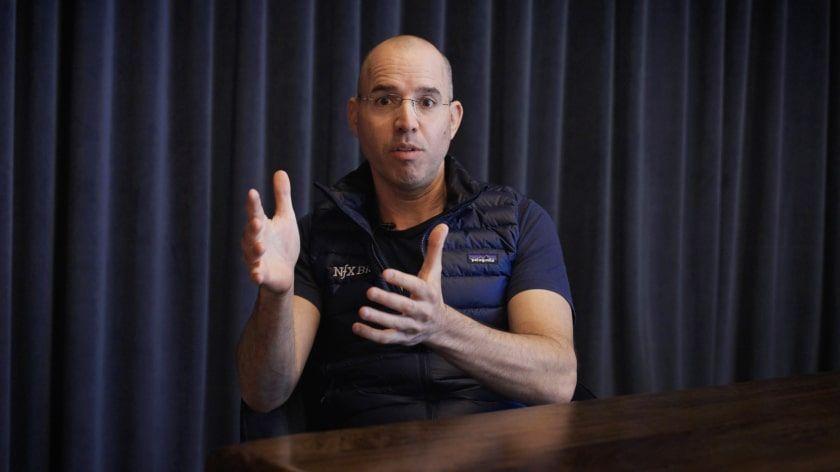
8:43
Sector Analysis: Network Effects In TechBio
Ep 11 · Omri Amirav-Drory
What Thought Leaders Are Saying
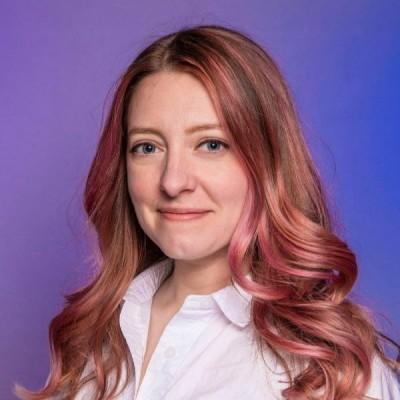
Melia Russell
Business Insider
"NFX has emerged as a prolific early-stage venture firm. The firm stands apart with its focus on developing software for founders and providing it for free. The NFX Masterclass builds on a firm tradition of aiding founders. It invites founders to settle in with a cup of coffee and hear from their investors for over three hours, giving them a taste of all the guidance and support the firm has to offer."
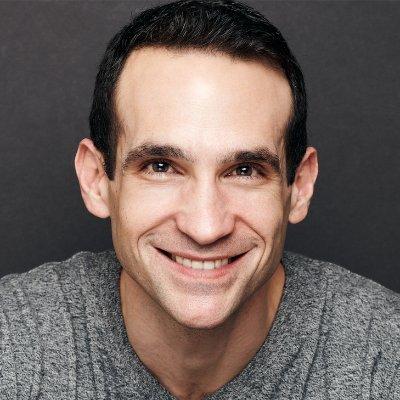
Nir Eyal
Author of Hooked: How to Build Habit-Forming Products
"NFX has given the startup community a tremendous gift. This course on network effects is essential viewing for any founder, investor, or business leader who wants to make an impact. It is entertaining, important, comprehensive, and most importantly, practical."
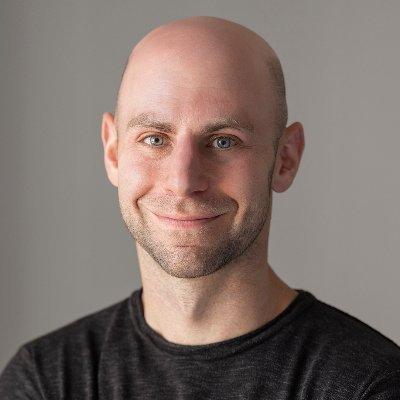
Adam Grant
#1 New York Times bestselling author of THINK AGAIN and host of the TED podcast Re:Thinking
"Network effects are jet fuel for tech companies, but few founders truly understand them. This masterclass will get you thinking—and rethinking—about strategies for growing and scaling your startup."
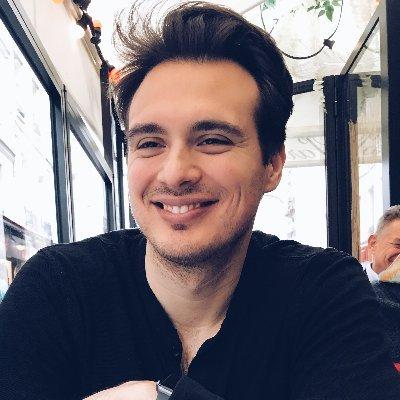
Mario Gabriele
The Generalist
"A thoughtful exploration of the startup world’s ultimate superpower: network effects. If you want to understand and master the mechanics that power great companies, this is an exceptional resource."

Simone Cicero
Boundaryless
"Exceptional work, and the contribution to founders -- by making this free to access --is going to be massive."

Robbie Vorhaus
@Vorhaus
"A founder ten years ago would have to spend a tremendous amount of time and money to acquire this much valuable information. Mind-blowing that I can learn from @peteflint in my kitchen for free. Thank you. @nfx"
Sign in to watch now
Get 20 years of learnings in one class
OR
FAQ
What is NFX Masterclass?
NFX Masterclass is the first video streaming platform built exclusively for early-stage founders. 100% free. It is built by NFX, the world’s largest dedicated pre-seed and seed venture firm and the creator of popular free founder products including BriefLink, a fundraising deck service, and Signal, the founder-investor network.
Is NFX Masterclass really free?
Yes. NFX Masterclass is 100% free and we will never charge for it. Our mission is to build tools that benefit the startup community. As founders ourselves, we have engineered network effects into 10 businesses valued at $10B+. We believe the more founders and startup teams that master the power of network effects, the more value will be created in the world.
Who is NFX Masterclass for?
Founders, CEOs, startup teams, growth leaders, marketers – and anyone who wants to move fast and find a competitive edge in their professional and personal lives.
Why do I need a login to access NFX Masterclass?
When you register for NFX Masterclass, you automatically get access to all the episodes, supplementary material, and transcripts and will be first to know when new seasons drop. You can also save your progress, to keep watching wherever you left off.
Are there upcoming seasons of NFX Masterclass?
Yes, upcoming seasons will drop soon. They are all focused on helping early-stage founders unlock their competitive edge. Viewers of Season 1: The Network Effects Masterclass will get first access to these seasons. Tweet @NFX to share wishlist topics you would like to see us cover in the future.
Is there an audio-only version of NFX Masterclass?
Yes, you can listen to NFX Masterclass once you are logged in. The full experience includes videos, diagrams, and reading material.
Where did you film Season 1: The Network Effects Masterclass?
At various locations around the Bay Area: In the Craftsman House, at Sea Ranch, in our NFX offices in San Francisco and Palo Alto, in the Mammoth Biosciences office, and also at home in San Francisco with one of our GPs.
